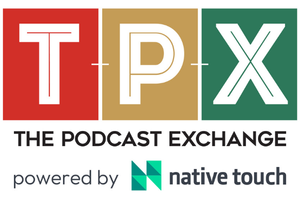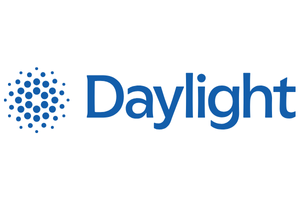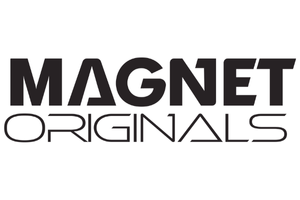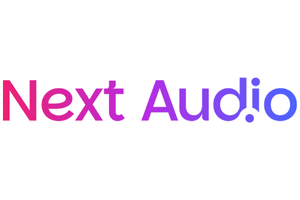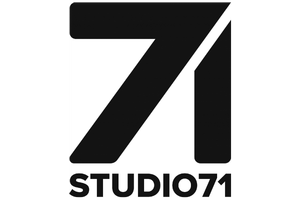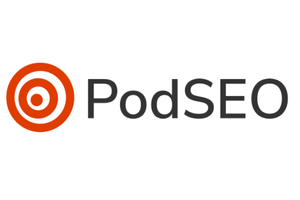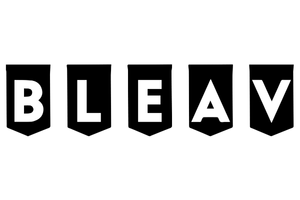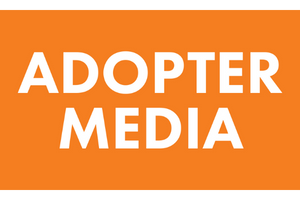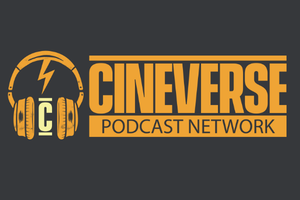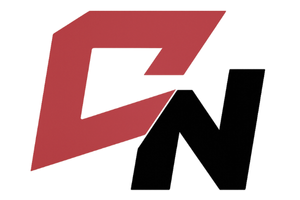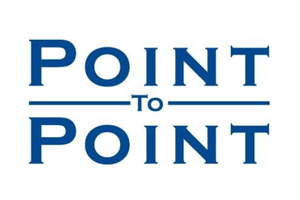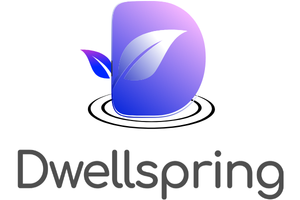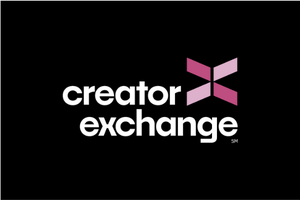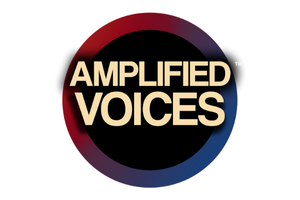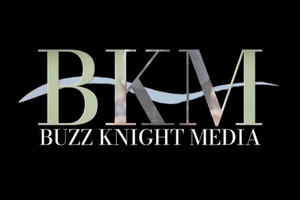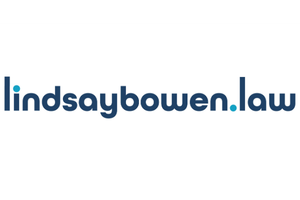Ask Skip: Does Anyone Know What ‘Hours Watched’ Actually Means?
‘Skip Buffering’ – a no-nonsense fictional pundit used by The Streaming Wars to cover touchy subjects – turns “his” sights on streaming metrics. An anonymous head of strategy for a mid-sized streamer gave Streaming Wars a quote questioning if the streaming trend of bragging about “hours watched” and “time spent” is overvaluing an engagement metric lacking in actual weight. Skip acknowledges the ways in which ‘hours watched’ can be useful, but also the fact it can only be a valuable metric if it’s intentional, measurable, and tied to actual business outcomes. Applying our business-of-podcasting lens, Skip’s piece has two solid takeaways: streaming doesn’t have its metrics figured out either, and Netflix is also partaking of a strategy employed by some audio platforms: capture a metric no other company captures, and then hype that unique metric as the most important one.
The Podcast Exchange To File NOI
The Download has been provided an email from The Podcast Exchange (TPX) CEO Pary Bell. In the message, Bell announces TPX has made the decision to file a Notice of Intention to Make a Proposal (NOI for short) under Canada’s Bankruptcy and Insolvency Act. To address the financial difficulties faced by TPX, the NOI filing provides the company a period to develop a proposal with its creditors and make efforts to stabilize day-to-day operations. The proposed trustee in the NOI is TBD Restructuring Inc.
Advertisers and Agencies: 3 Reasons Your Host-Read Ad Creative Is Not Working by Paul Riismandel
While it’s logical to presume a host-read ad campaign didn’t work because the show, host, or audience are a bad fit for that brand, Riismandel shares three common data-backed problems found in host-read campaigns. The first two are related: hosts not given enough creative input. A host strictly fenced into specific ad copy without room for personality strips the ‘influence’ out of ‘influencer’ as their ability to inject their own style is restricted. The third common issue stems from attempts to graft radio-style ads into the world of podcasting. As Riismandel says, podcast ads thrive when they match the content they’re placed within. Jarring sudden shifts of tone, regardless of whether it’s announcer-read or host-read, do not perform as well as appropriately-naturalized campaigns.
WPP Issues Profit Warning as Client Budgets Shrink and New Biz Stalls Rebecca Stewart
An unscheduled H1 update from WPP cuts their full-year guidance for 2025. Reasons cited include weaker client spend and lower net-new business than expected. CEO Mark Read said in an earnings call WPP expected Q2 to follow Q1 in performance but June was worse than expected. The new forecast expects revenue decline of 3 to 5% (excepting pass-through costs) this year (down from the previous forecast of 0 to 2%).
As for the rest of the news…
- MarketingBrew has a new piece looking at the podcast industry and where it is headed, featuring interviews with industry leaders and experts (keep an eye out for Bryan Barletta’s cameo involving social awkwardness).
- Steve Goldstein has a guest piece on RainNews discussing the decline of search engine optimization and the growing importance of answer engine optimization, prepping content to be indexable by AI-generated search responses.
- Meredith Krantz has joined the Barometer as Head of Sales.
- Audioboom’s Q2 report shows a 400% year-over-year increase in underlying profit, with quarterly revenue up 5% to $17.8 million.
- Cumulus Media and Westwood One have a new study looking at audio’s proficiency at reaching both passive and active job seekers.
- Vulture takes a look at The New York Times’ push to turn their writers into video podcast personalities.
- The London Podcast Festival, sponsored by Acast, has posted the event schedule for their 10th anniversary edition of the festival, running from September 4th through 14th this year.











